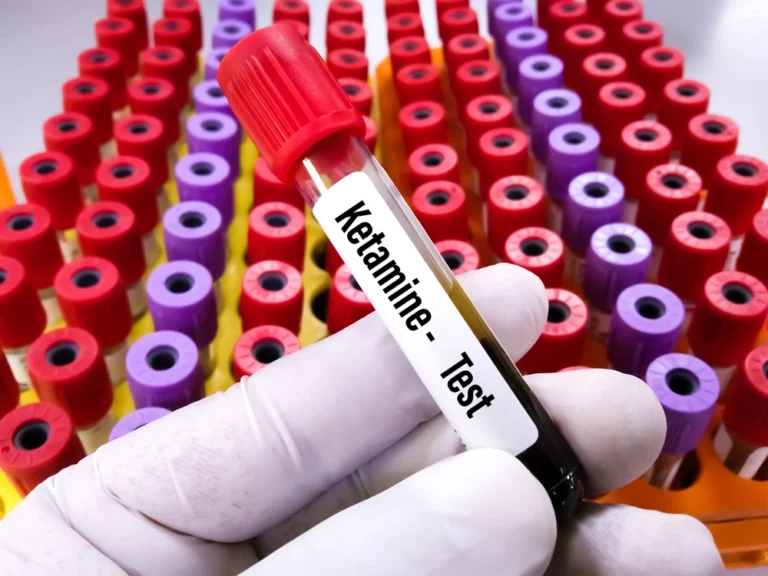Strategies For Staying Motivated & Committed To Sobriety
Staying motivated and committed to sobriety can be challenging when recovering from substance abuse. However, staying on the path to recovery is possible with the right strategies and support. Here are some effective strategies for staying motivated and committed to your recovery process.
Set Clear Goals
Setting clear goals is essential for staying motivated and committed to sobriety. Start by setting achievable goals for yourself, such as attending weekly support group meetings or practicing mindfulness like meditation or yoga daily. Make sure your goals are specific, measurable, and realistic, and track your progress regularly.

Find A Support System
Surrounding yourself with supportive people is crucial to staying motivated and committed to sobriety. Join a support group, find a sober living home, reach out to sober friends or family members, or consider working with a therapist or counselor specializing in addiction recovery.
Practice Self-Care
Practicing self-care is essential for maintaining motivation and commitment to sobriety. Make sure you are getting enough sleep, eating a healthy diet, and engaging in regular exercise or other physical activities that you enjoy. Take relaxation and stress reduction time, such as meditation or yoga.
Find Meaningful Activities
Finding meaningful activities can help you stay motivated and committed to your own recovery. Consider volunteering, taking up a new hobby, or pursuing a passion you may have neglected during your addiction.

Address Underlying Mental Health Issues
Addressing underlying mental health issues is crucial for staying motivated and committed to sobriety. Here are some reasons why:
- Mental health and addiction are often connected: Mental health issues, such as depression, anxiety, and PTSD, are often connected to addiction. Addressing underlying mental health issues can help individuals manage their symptoms and and create a relapse prevention plan.
- Dual diagnosis treatment is effective: Dual diagnosis treatment is a specialized approach to addiction treatment that addresses both addiction and co-occurring mental health issues. Individuals can receive more comprehensive care and support by addressing both issues simultaneously.
- Mental health issues can affect motivation and commitment: Mental health issues can impact an individual’s motivation and commitment to recovery. By addressing underlying mental health issues, individuals can better manage their symptoms and improve their overall well-being, which can increase their motivation and commitment to sobriety.
- Mental health issues can trigger relapse: Mental health issues can trigger relapse by increasing stress, triggering cravings, and undermining an individual’s overall recovery progress. Addressing underlying mental health issues and paying attention to warning signs can help individuals develop coping strategies and manage triggers effectively, reducing the risk of relapse.
Focus On The Positives
Focusing on the positives of your recovery journey can help you stay motivated and committed to sobriety. Celebrate your successes, no matter how small they may seem, and focus on the positive changes that sobriety has brought into your life.

Stay Educated An Addiction And Recovery
Educating yourself about addiction and recovery is essential to staying motivated and committed to sobriety. Here are some reasons why:
- Understanding the nature of addiction: Addiction is a complex disease that affects the brain and behavior. By educating yourself on the nature of addiction, you can better understand the factors contributing to addiction and how it impacts the brain and body.
- Knowing your triggers: Certain situations, people, or events can trigger cravings and make it more challenging to stay sober. By staying educated on addiction and recovery, you can identify and develop strategies to avoid or manage your triggers.
- Learning about treatment options: There are many types of addiction treatment, ranging from outpatient counseling to inpatient rehab programs. By staying educated on the available treatment options, you can make informed decisions about the type of treatment that will work best for you.
- Understanding the importance of aftercare: After completing a treatment program, it is essential to continue to receive support and care. By staying educated on addiction and recovery, you can understand the importance of aftercare and develop a plan to stay engaged in your recovery.
- Staying up-to-date on research: Research on addiction and recovery is constantly evolving. By staying educated on the latest research, you can gain insights into new treatment options, developments in understanding addiction, and strategies for maintaining long-term sobriety.
Contact Louisville Recovery Center
Staying motivated and committed to sobriety is not always easy, but it is possible with the right strategies and support. At Louisville Recovery Center, we are dedicated to helping individuals recover from addiction and maintain long-term sobriety. Our comprehensive approach to addiction treatment includes individualized therapy, group support, and aftercare planning to help you achieve and maintain your sobriety goals. Contact us today to learn more about our services and how we can help you or a loved one on the journey to recovery.







